

Drishtipaat: Glance ...
Drishtipaat: Glance to Consciousness
Pictorial Collection of Ishvar Ashram, Srinagar by: Yogendra Tiku , Meena Sopory , Suresh Sopory₹2,000.00 Original price was: ₹2,000.00.₹1,800.00Current price is: ₹1,800.00.
ISBN: 9788124612026
Year Of Publication: 2023
Edition: 1st
Pages : xiv, 161
Language : English
Binding : Hardcover
Publisher: D.K. Printworld Pvt. Ltd.
Foreword By : Dr. Chaman Lal Raina
Size: 30
DRISHTIPAAT, is a glimpse into the life and times of the three great saints of Ishvar Ashram, Nishat, Srinagar Kashmir. This book makes their presence felt all around us. The pictorial journey, takes the reader, in the serene and benign presence of the great Shaiva master Shree Lakshman Joo, Devi Sharika Ji and Devi Prabha Ji. Their drishti (glance), through the pictures, and shlokas make readers drench with the Divine Grace and their blessings.
“Drishtipaat: Glance to Consciousness” Cancel reply
- Sale!Reflections on Indian Thought by:
₹850.00Original price was: ₹850.00.₹765.00Current price is: ₹765.00.This anthology, consisting of fourteen essays, deals with a variety of themes that are of central importance for an authentic appreciation of the philosophical core of the Indian culture. The readers will find here illuminating discussions on various issues that bear witness to the critical thinking and deep reflection on the part of the author that have enabled her to carefully expose the subtle internal divergences that nourish the Indian conceptual world.
Based on arduous and painstaking research, these essays focus on a range of topics. There are several essays on multiple aspects of the large themes of time and consciousness, penetrating analysis showing how in the ancient discourse ideas of klesha (affliction), abhyasa (practice) and karuna (compassion) as well as on women and values are dealt with. There are also deliberations on the themes of religious diversity and the need for an encounter of world religions along with the attempt to explore India’s self-image. All these have contemporary relevance, as these essays clearly bring out the distinctive character of a living culture. - Sale!Sapiens and Sthitaprajna by: Ashwini A. Mokashi
₹800.00Original price was: ₹800.00.₹720.00Current price is: ₹720.00.Sapiens and Sthitaprajna studies the concept of a wise person in the Stoic Seneca and in the Bhagavadgita. Although the Gita and Seneca’s writings were composed at least two centuries apart and a continent apart, they have much in common in recommending a well-lived life. This book describes how in both a wise person is endowed with both virtue and wisdom, is moral, makes right judgements and takes responsibility for actions. A wise and virtuous person always enjoys happiness, as happiness consists in knowing that one has done the right thing at the right time.
Both Seneca and the Gita demand intellectual rigour and wisdom for leading a virtuous and effective life. They provide guidelines for how to become and be wise. Both systems demand a sage to be emotionally sound and devoid of passions. This leads to mental peace and balance, and ultimately tranquillity and happiness. While surveying these similarities, this study also finds differences in their ways of application of these ideas. The metaphysics of the Gita obliges the sage to practise meditation, while the Stoics require a sage to be a rational person committed to analysing and intellectualizing any situation.
This comparative study will be of interest to students of both Ancient Western and Ancient Indian Philosophy. Practitioners of Stoicism and followers of the Gita should find the presence of closely-related ideas in a very different tradition of interest while perhaps finding somewhat different prescriptions a spur to action. - Sale!Action, Freedom and Responsibility by: Subasini Barik
₹750.00Original price was: ₹750.00.₹675.00Current price is: ₹675.00.This book, a work on human doing, analyses and applies three central aspects of human life – Action, Freedom and Responsibility – in the wide spectrum of the Philosophy of Mind. Reflections on these issues and their interconnections have a significant effect on the Philosophy of Value and application of ethical theories in practical life. This book even reconstructs the conceptual connection between action and freedom, on the one hand, and that between freedom and responsibility, on the other.
It also puts the concepts of freedom and determinism to critical test and reinterprets them from different angles and perspectives. The conventional doctrine of karma, based on the teachings of the Bhagavadgātā, is relieved from its usual deterministic presentation and a logically reasonable explanation is offered.
Human actions and human agency are central concepts in the philosophy of mind and action. Free will and responsibility constitute the bedrock of the moral life of the human agents and the book pinpoints that freedom is meant to undertake the goal-oriented actions. It is, therefore, focused on the enquiry into the various aspects of philosophy of mind, as well as the philosophy of value. - Sale!Visistadvaita’s Critique of the Advaita Hermenqutics by: Himani Vasudev
₹500.00Original price was: ₹500.00.₹450.00Current price is: ₹450.00.Vedānta is the very heart of Indian philosophy. The various schools of Vedānta have been explored under diverse categories including ontological and epistemological, but they are a storehouse of so much more. “Hermeneutics” in simple words can be the theory of interpretation and this book has studied the critique of the Advaita hermeneutics by Rāmānujācārya based on Vedic statements like tat tvam asi, tadaikāta bahu syāma, neha nānāsti kiñcana and many others in his book Vedārthasaṁgraha which mirrors a complete vision of the Upaniṣads. Rāmānujācārya has shown how the Śruti statements can be seen in a coherent manner resolving the conflicts of bheda and abheda. The nature of a word and its various śaktis, followed by how successful are words in describing the concepts of sat, cit and ānanda, are also discussed here.
This book is an initial effort in the hermeneutic studies of Indian texts, which have been kept limited to the scope of philosophy, theology or religion alone. Many more linguistic treasures can be found here. - Sale!Recent Responses to the Philosophy of Wittgenstein by: K. C. Pandey
₹1,800.00Original price was: ₹1,800.00.₹1,620.00Current price is: ₹1,620.00.The essays contained in this anthology explore philosophical issues which have often been raised during recent debates and discussions in Wittgensteinian epistemology, theology, logic, ethics, religion, social science, cultural studies, psychology and language. It is based on the idea that Wittgenstein’s thoughts have not only been interpreted by the academicians in philosophy, but have been used as a method in many other fields of Humanities and Social Sciences as well. Keeping in view this idea, the book gives a fresh interpretation from the perspectives of recent issues raised on life and language in the philosophy of Wittgenstein. It discusses Wittgensteinian issues through the perspectives of the Indian as well as the contemporary world.


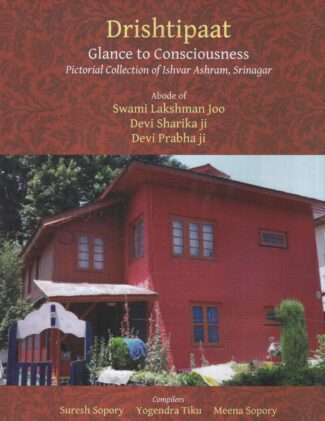


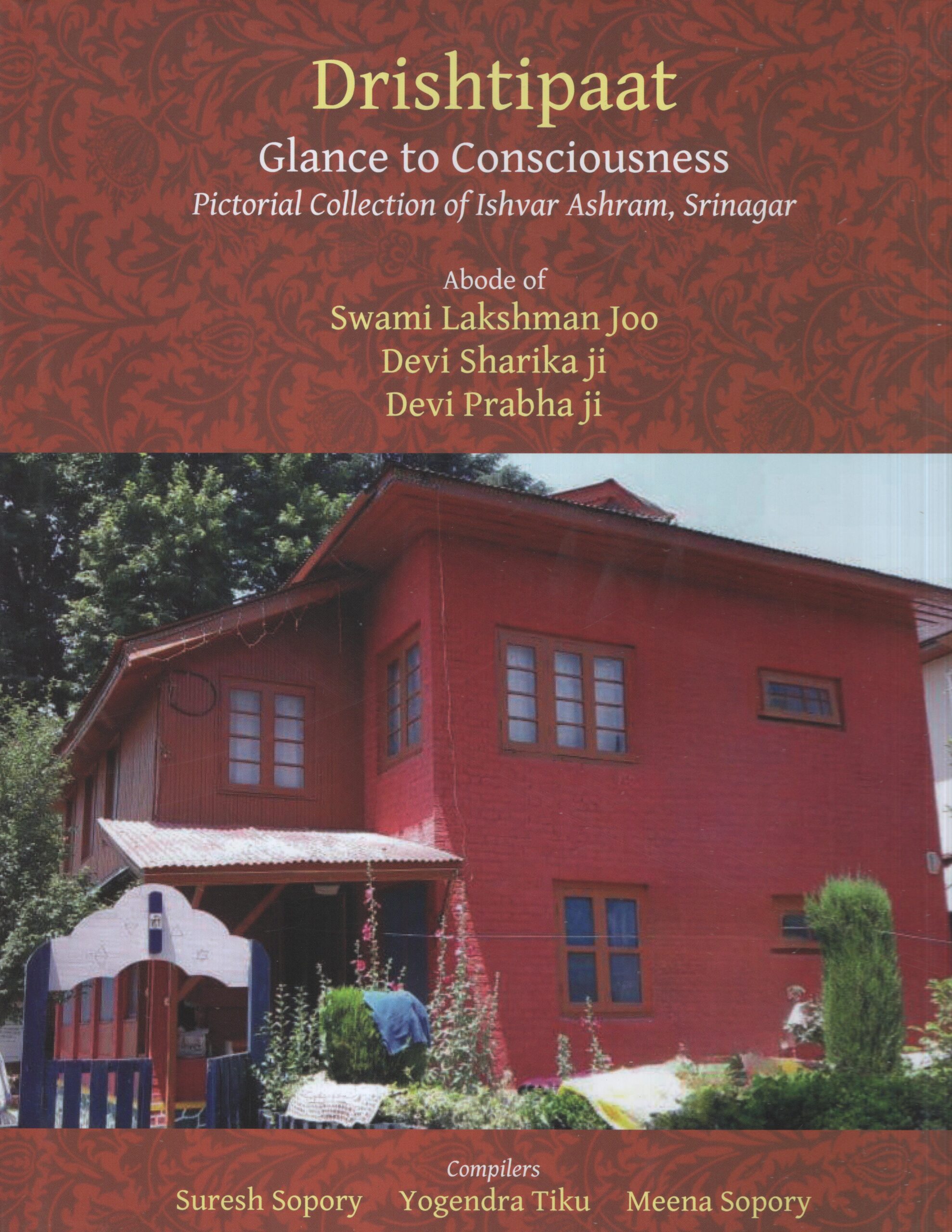
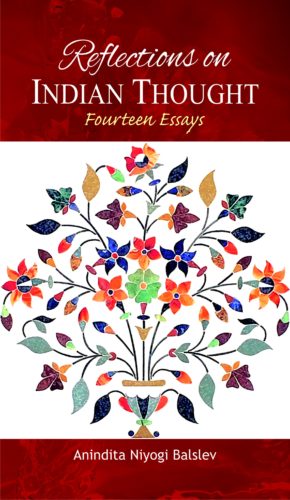
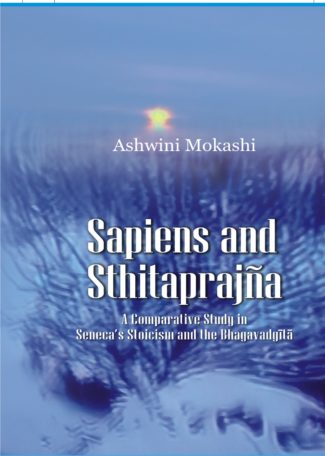

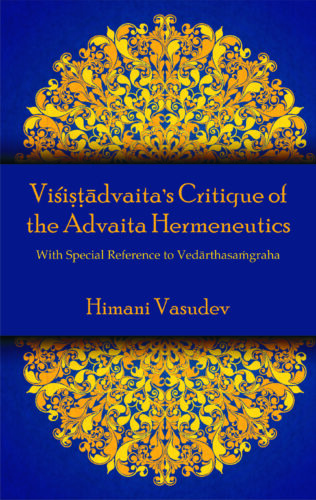

There are no reviews yet.